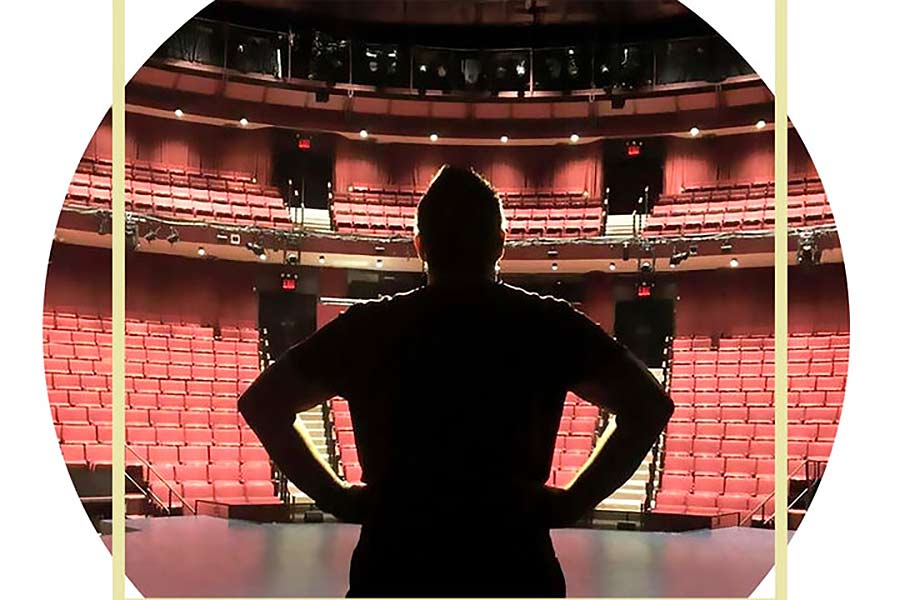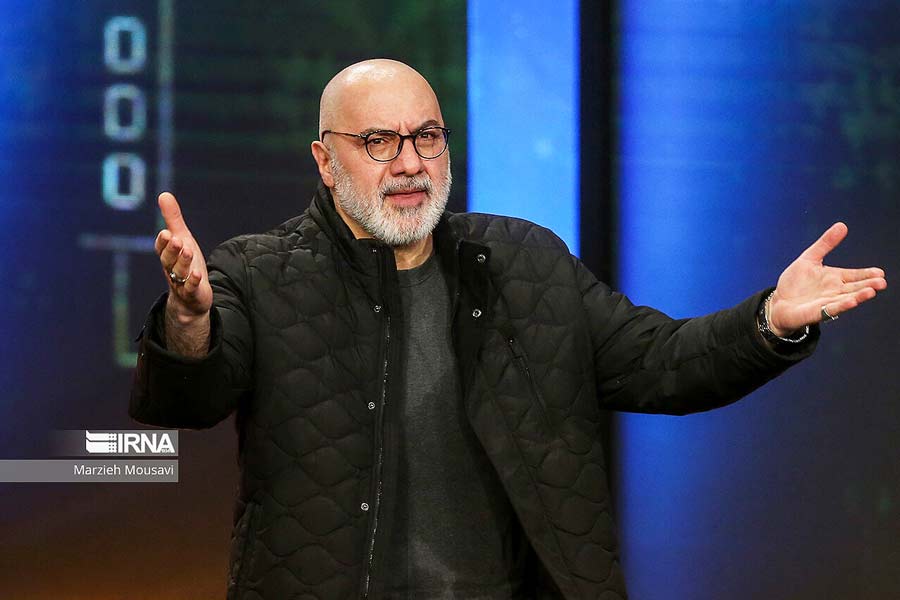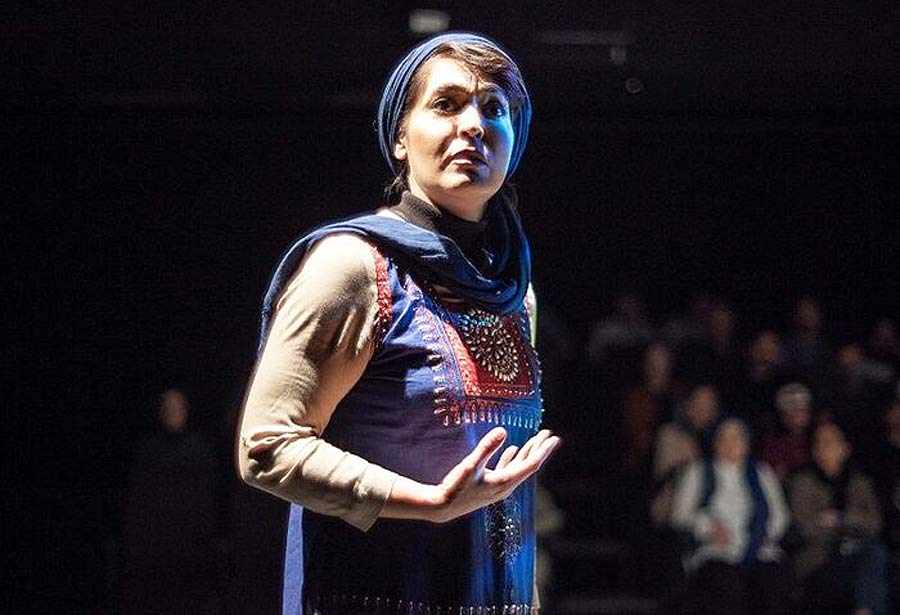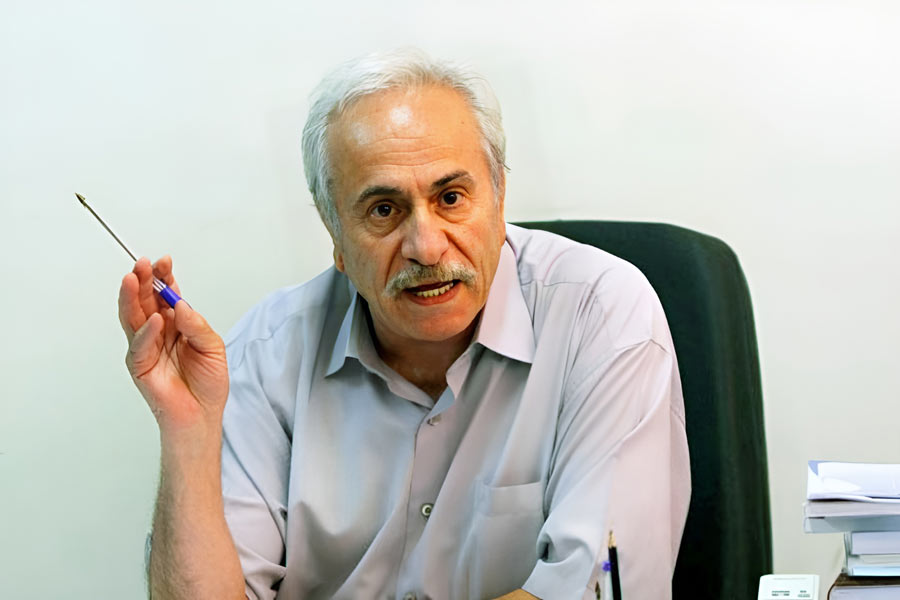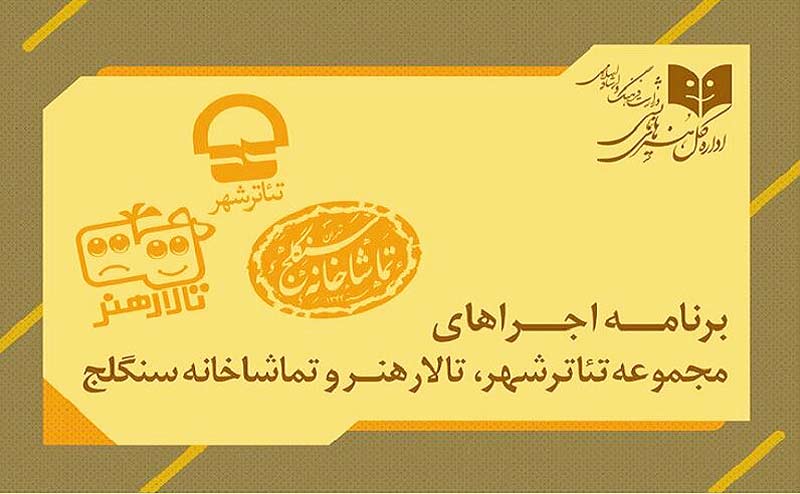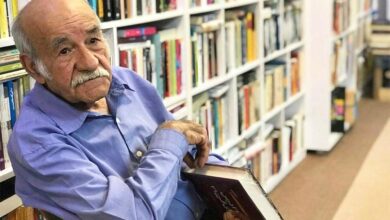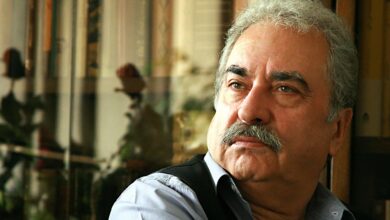Interview: Actor Davood Ghadami on performing in ALADDIN at Fairfield Halls
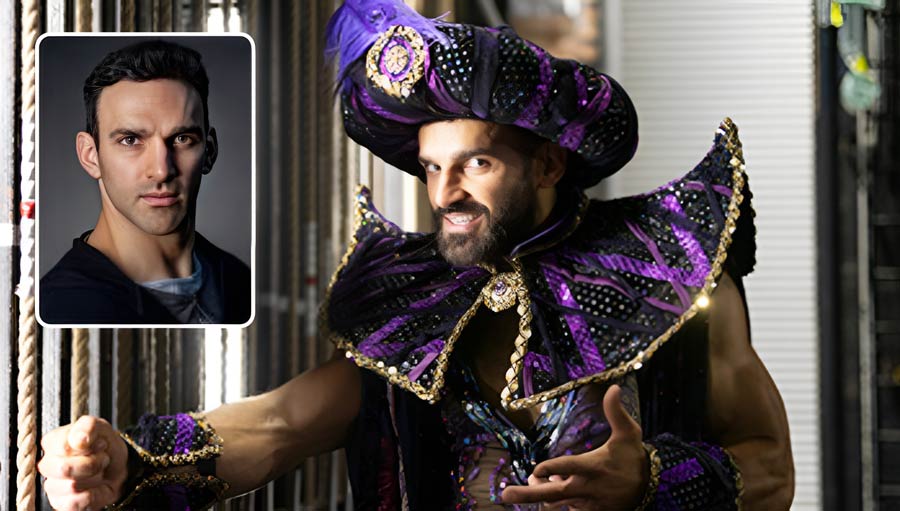
Some actors, love the drama of pantomime and step on the stage year after year in flamboyant costumes and ready to dazzle audiences with their outrageous performances. /Davood Ghadami
According to Artmag.ir, Since departing Eastenders in 2021 for which he won best newcomer at the TV Choice awards, Davood has most recently been seen in the BBC’s Holby City as ‘Eli Ebahimi’ and in his guest star role in the BBC’s Beyond Paradise. Previous TV work includes Doctors, Casualty, Life’s Too Short, Law & Order, Skins Redux, Doctor Who, Top Boy, Fast Freddie, Silent Witness, Criminal Justice. Spooks and of course narrowly missed out on a semi-final spot with his professional partner Nadiya Bychova in the 2017 season of Strictly Come Dancing. On stage, he could be seen in 13 at The National Theatre, as well as working for York Theatre Royal and Pilot Theatre.
This is Davood’s second pantomime, having been nominated for Best Villain at The Pantomime Awards 2023.
Panto season has well and truly begun across the UK, Besties! We spoke to Eastenders star and Pantomime Award 2022 nominee Davood Ghadami about playing Abanazer in Aladdin at Fairfield Halls in Croydon this year.
People may know you from TV rather than theatre. How have you adapted to working in pantomime compared to TV?
Having done quite a long stint of TV work, from EastEnders and Holby and some other bits, panto is something I really wanted to do. It’s a very different kind of skill to be able to work in front of a live audience compared to working in front of cameras. I think it’s every actor’s dream to be able to have your foot in both of those worlds, because they’re both different disciplines and they’re both difficult yet rewarding in their own ways. But I did do a lot of theatre prior to playing Kush on EastEnders. I think that was where my love for the acting world and for performance came from. So to get back on the stage and tread the boards again is something I’ve been really looking forward to.
You did well in Strictly a few years ago. Will audiences be seeing any of those dance skills in Aladdin?
Ah ha. I’m hoping I’m going to be able to dust the old dancing shoes off. I mean, that was 2017, so who knows whether the knees and hips can take it anymore, but I’m sure… I’m going to give it a go. If you can’t do it in panto at Christmas time, when can you? I’m going to get the privilege of working with some really, really talented people in this show in Croydon so I probably won’t be at those standards, but I’ll certainly do the best I can!
Last year was your first pantomime and you were nominated for a Pantomime Award! How did that feel and do you feel you’ve developed your craft further over the last year?
Oh, I was astonished! I wasn’t even aware there was such a thing as a Pantomime Award, and when it came through, it was like, wow, this is incredible! Like you say, that was my first ever panto last year and I was learning on the fly. It was my first return to theatre in a long time, in a new genre, a new style. That’s what panto is, very specific. When you come from TV, you cut, you go again, you leave it with the editors and what comes out at the end, comes out at the end. That moment is gone but in panto, you live it and it’s real. You’re watching people live and breathe on that stage and the audience is different every night. It’s something that I wanted to do again after last year, and hence the reason why I’m doing Aladdin again, playing Abanazar in Croydon this year, because I feel like there’s more fun to be had with that character and I really want to grasp that with both hands.
Panto is often the first theatre visit for many young children. What was your first experience of panto and did it have any part to play in deciding to be an actor?
Panto did play a role but believe it or not, I didn’t watch one until I was much, much older as I wasn’t taken as a child. I had very fulfilling festive seasons at home; it was all very homely but panto wasn’t part of that experience. So it wasn’t until I did Strictly with Brian Conley and he said “I’m doing panto with Gok Wan over in Milton Keynes, come and bring the kids.” We went along and had an absolute ball! I think I misunderstood what panto was going to be about. I felt like it landed with my children, and with me, the wife and every generation really, in a way that no other theatre experience does.
What other acting work remains on the bucket list for you?
Oh, there’s so much! I’m very open to things now. I feel like having done a single show for a long time, six or seven years, maybe now I want something to come along that’s going to be a bit more of a short term experience. With continuing drama, you don’t get the benefit of a timeline, of a genuine beginning, middle and end. You don’t know when that’s coming and that’s the basis of all storytelling. So to be able to have the whole story in front of you, even if you’re only a small part of it, I’d love to explore that. Also, as I really enjoy playing the bad guy in panto, I think someone with a bit of an evil edge would be great to play in front of a camera. But let’s see what the future brings.
Aladdin productions, as well as diversity in pantomime more generally, have been the subject of debate in recent years. How important is it for pantomimes up and down to reflect the communities the story is for and about?
The thing is with panto is that it is very culturally and specifically embedded in the tapestry of British culture and history. It’s one of the few things that is actually distinctly British and has a certain identity. But at the same time, there are things that have changed over the years and I think there’s work that can always be done. It’s important to be as diverse as possible with casting; with people on stage, backstage, and in any aspect of theatre.
We’re in a London venue so there’s a huge amount of diversity. We want to bring in as many different people from as many different backgrounds in as possible, and that’s something that panto actually has the key to.
Panto has remained a staple in the UK for many years. Why do you think it’s such a beloved art form in the UK, whilst not really taking off anywhere else in the world?
There is something that is so distinctly British about panto, like there is with the Carry On material, Only Fools and Horses, The Vicar of Dibley, Fawlty Towers for example; all of these shows have a certain genre and style. If they were to try panto in America, maybe they’d have to separate it so much, that it wouldn’t be panto anymore.
Panto can only work if the audience is recipient, and are ready to receive the information presented to them. That’s where the culture comes in. It’s got to be to the right audience. If you tried to put this show in front of an audience that isn’t ready for the dynamics that panto provides, it just won’t work.
Written By: Jacob Bush
Translator: Alireza (Kavian) Hail Moghaddam / Master of Theater


